“New World Order: Redefining DIY for a Global Future” was the motto of the 11th Global DIY Summit. Nearly 1,000 participants from 55 countries, including more than 320 retailers, traveled to Lisbon and gathered at the MEO Arena. The motto alluded to the current turbulent times around the world. These were described in the opening video on stage, which highlighted the war in Ukraine, US President Donald Trump, climate change, natural disasters, political and economic turmoil, tariffs, the decline of the US dollar, and the risks posed by AI.
John W. Herbert addressed this in his opening speech, saying that he could not remember a time in his long life when the world had been in such turmoil, citing the wars in Europe and Gaza and the US, which was stepping back as a pillar of the free world. The 84-year-old managing director of the global DIY association Edra/Ghin launched the summit in 2010. From the outset, he has worked closely with the international manufacturers' association Hima (then known as Fediyma). This major event is organized by the joint subsidiary FEK under the leadership of Iñaki Maillard.
Herbert professed his enthusiasm for the possibilities of AI – and had much of his opening speech written by Chat GPT. He also announced with obvious delight that global market leader Home Depot was represented at the Global DIY Summit for the first time. Iñaki Maillard, General Manager of the Global DIY Summit, called on participants to make the congress a celebration of diversity, especially in these times marked by violence.
As in previous years, Thierry Garnier, Edra/Ghin President and CEO of Kingfisher, and Hima President Reinhard Wolff took to the stage together to kick off the summit. Wolff also addressed the current crises. Among other things, he mentioned climate change, the threat to global free trade, the dispute over raw materials, and wars. Rarely has a conference been more necessary, he said.
Climate change is also one of Thierry Garnier's major concerns – as is the “Make It Zero” initiative, through which the entire home improvement industry aims to reduce its Scope 3 emissions (see box and interview with Thierry Garnier in this issue).
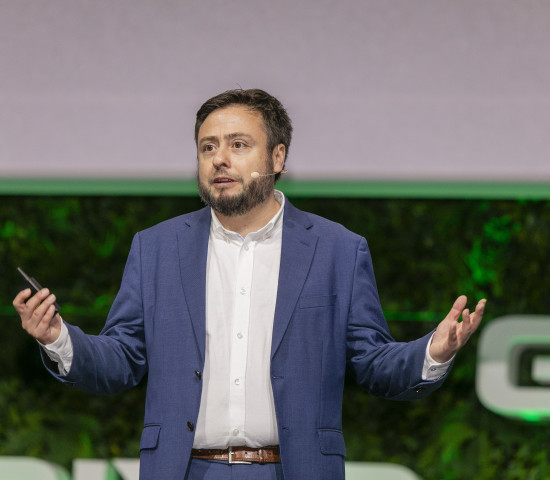
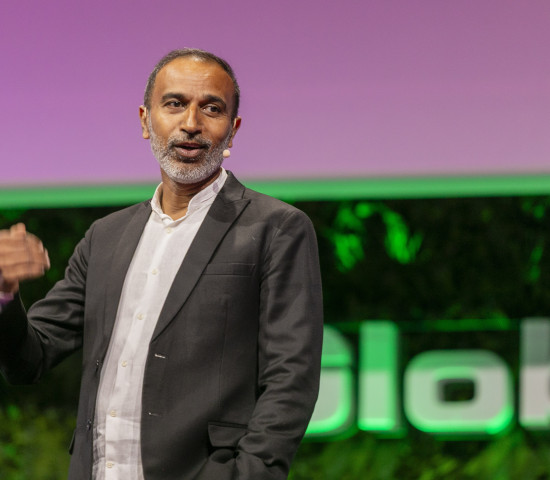
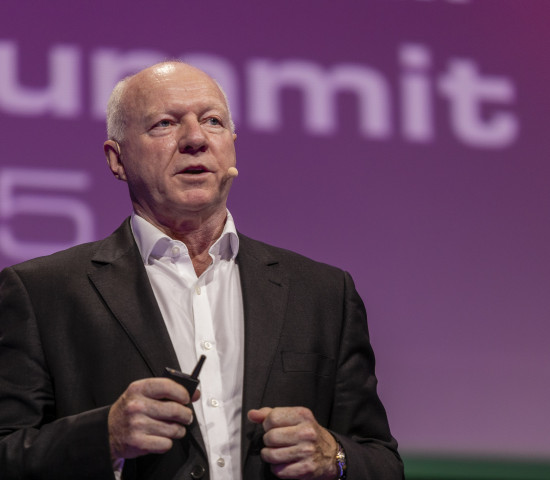

 Menü
Menü




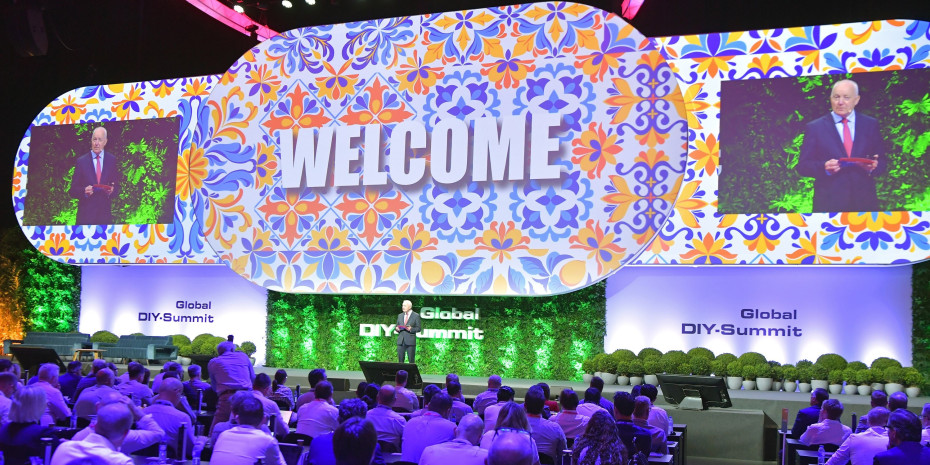

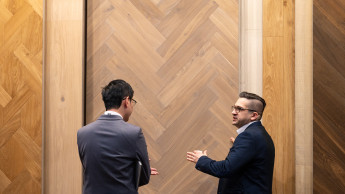
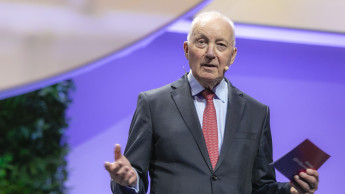
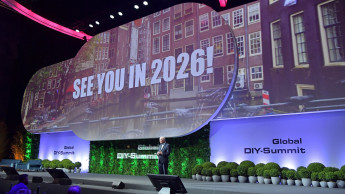
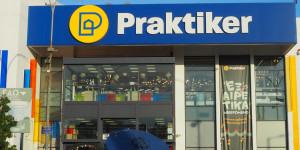


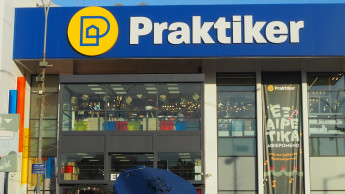
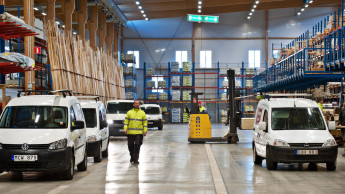
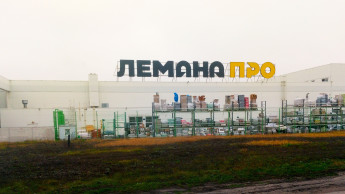
 Newsletter
Newsletter